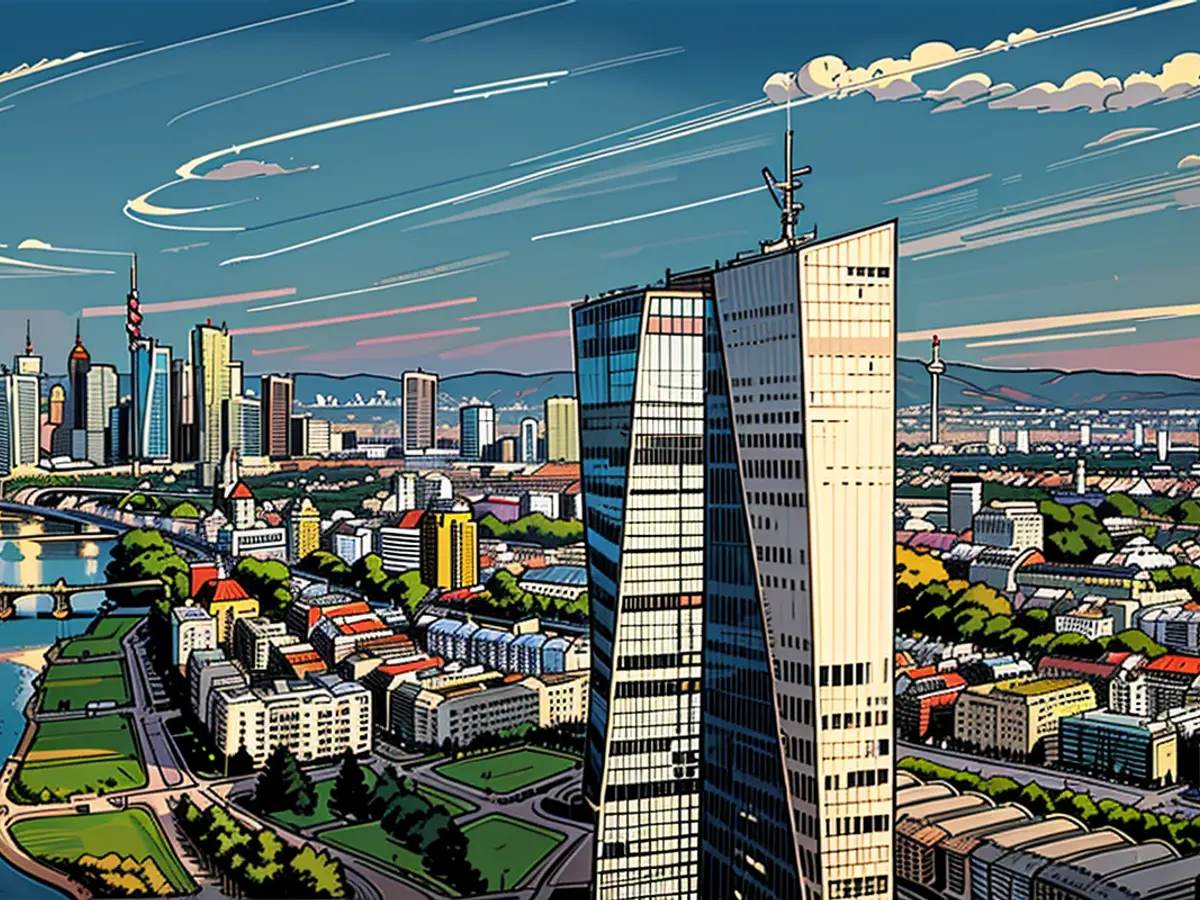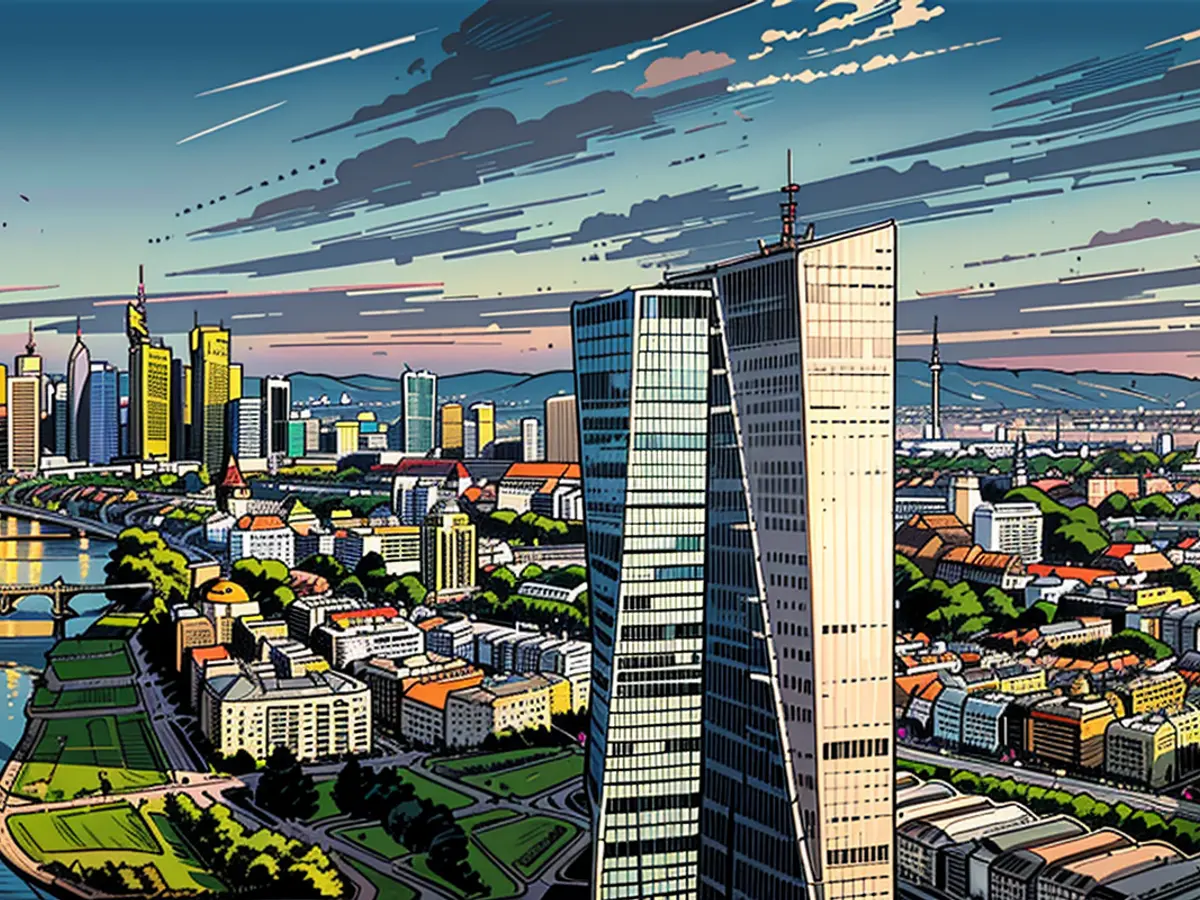Inflation in the euro area continues to rise
Inflation in Europe continues to rise: Latest data from Luxembourg shows consumer prices moving up more strongly in July than in the previous month. Pressure is mounting on central bankers at the European Central Bank.
Inflation in the Eurozone has risen slightly in July: The inflation rate climbed to 2.6 percent year-on-year, according to a first estimate by Eurostat in Luxembourg. In June, the inflation rate was 2.5 percent.
Energy prices have been increasing again recently. Preliminary figures show energy prices rising by 1.3 percent. They had been steadily falling year-on-year until April of this year, but this was due to special effects, particularly the increase in energy prices in the past two years as a result of the Russian invasion of Ukraine.
Services continue to see the strongest price increases, with statisticians recording a 4 percent increase in this sector. Food, alcohol, and tobacco prices, on the other hand, rose by a more moderate 2.3 percent year-on-year, slightly less than in June.
ECB Interest Rate Decision in September
Inflation in the Eurozone has been fluctuating around 2.5 percent for several months, with no clear downward trend yet. Observers therefore expect further measures from the European Central Bank (ECB). The central bankers' stated goal is to keep the inflation rate below 2.0 percent. The next scheduled decision on the level of interest rates that apply to all credit operations in the Eurozone is due on September 12, according to the ECB's calendar.
With persistently high inflation, the conditions seem to be in place for further interest rate cuts. Central bankers in the Eurozone had lowered their relatively high interest rates by 0.25 percentage points each in June for the first time in nearly five years. The decision was also criticized, with some experts considering it too early. At the ECB meeting in July, the key interest rate remained unchanged.
Germany and France both have national inflation rates of 2.6 percent, exactly in line with the average of the 20 Eurozone countries. Belgium currently has the strongest price increases, with consumer prices rising by 5.5 percent in July. The lowest inflation rates in the Eurozone were reported by statisticians from Latvia and Finland, where prices rose by 0.8 and 0.6 percent, respectively.
Eurostat uses a different calculation method for international comparability than the German Federal Statistical Office. The Wiesbaden authority had estimated the inflation rate in Germany in July at 2.3 percent in its own preliminary report.
The ongoing inflation in Europe is causing concern for central bankers at the European Central Bank, as they aim to keep inflation below 2.0%. In light of this persistently high inflation, observers expect further measures from the ECB in the near future, with the next interest rate decision due on September 12.








